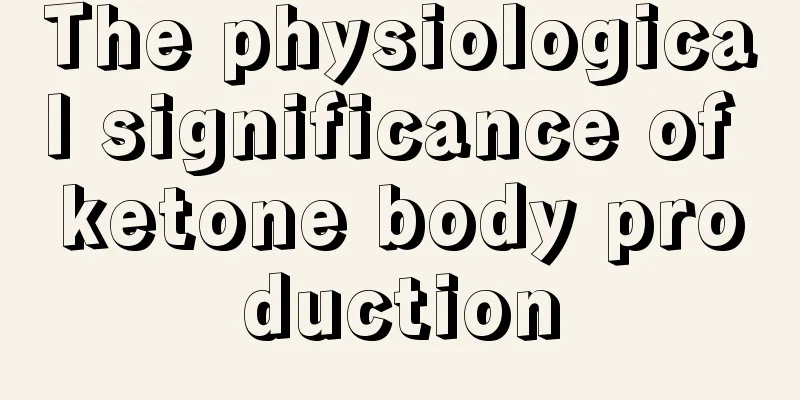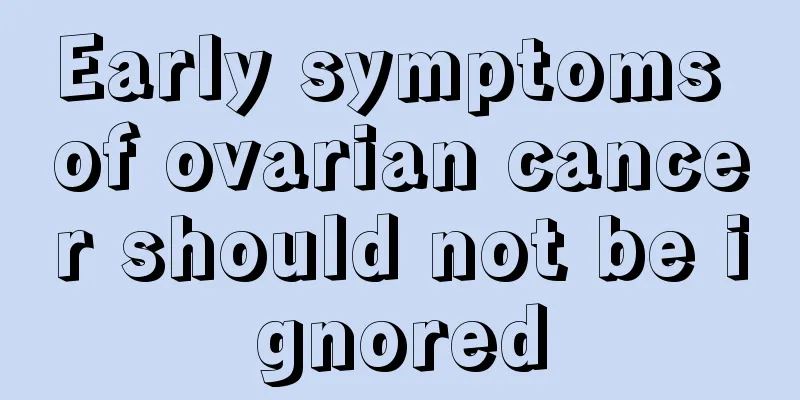Hepatitis B treatment is slow in effect, when will it be cured?

|
In daily life, some patients are carriers of hepatitis B. Hepatitis B is mostly caused by a virus and usually spreads. Therefore, patients must not only take precautions in life, but also eliminate the transmission routes of hepatitis B. There are also some patients who still have hepatitis B when their liver function is normal. In response to this phenomenon, not only should we provide good treatment, but we must also determine the cure of the disease. Correct treatment measures for hepatitis B A considerable number of hepatitis B virus carriers do not have any obvious physical discomfort in their daily lives. Occasionally, blood tests reveal the presence of hepatitis B virus in their bodies. Their liver function is completely normal, and the main replication indicators of the hepatitis B virus, the E antigen (HbeAG) and deoxyribonucleic acid (HBVDNA), are negative. Pathological examination of liver tissue often indicates that there is no inflammatory activity or only mild inflammation. These people can be regarded as normal people and do not need to take medication. If you insist on the "Australia Antibody" turning negative, not only will it not turn negative in the end, but it will also bring unexpected consequences, such as drug-induced hepatitis. Why is liver function normal when checking for hepatitis B? There are also some virus carriers whose liver function tests are normal, but the virus replication index (HBEAG) is positive. When these people undergo liver biopsy, there is often inflammatory activity in the liver. In this case, antiviral treatment is necessary. Lamivudine may be effective and can be tried if conditions permit. The best users are those over 16 years old. If the efficacy is good, the drug can be used for 1 to 2 years in the hope that the virus replication indicators will turn negative. When can hepatitis B be cured? If the patient is in an ill state or has active hepatitis B, treatment is sufficient until the hepatitis B virus replication indicators turn negative and liver function returns to normal. These patients are true hepatitis B patients. They have prominent symptoms, repeatedly abnormal liver function, and hepatitis B virus replication indicators (HBEAG) are always positive. Their treatment is divided into two parts: restoring liver function and antiviral. Restoring liver function is relatively easy, inexpensive, and often has immediate results; antiviral treatment is more difficult and takes a certain amount of time. If post-hepatitis cirrhosis has developed, maintaining and ensuring normal liver function is of utmost importance. There are two types of cirrhosis: static and active. Patients with dormant disease can receive antiviral treatment based on the viral replication situation; for patients with active disease, the main focus is to restore liver function and correct and alleviate complications. In short, normal liver function and negative hepatitis B virus replication indicators are a watershed: if it is below this standard, no medication is needed; if it exceeds this standard, medication must be used, and it is sufficient to use medication until it is below the standard. |
<<: Lactobacillus granules can actually treat this disease
>>: 5 simple ways to treat gout
Recommend
How to disinfect dentures
Wearing dentures is the most common way to repair...
What causes dry hands in summer
In summer, people will feel that the skin on thei...
If you keep wiping your sweat like this, you may get sick
Sweating in summer is something that people are v...
Classification of primary bronchogenic lung cancer
Classification of primary bronchogenic carcinoma ...
How to remove a mole on the inner thigh?
On the surface of our human body, due to the infl...
How to get rid of goose bumps on legs
Goose bumps on the legs will make the skin feel v...
What should I do if I have a cracked hand?
Cracks on hands are mainly caused by dryness and ...
What should I do if I have herpes on my nose? Treatment of herpes simplex
Herpes on the nose is generally herpes simplex, w...
Definition of small cell lung cancer
What is the definition of small cell lung cancer?...
How to remove static electricity from hair?
Winter is here and the weather has become very dr...
What are the differences between rheumatism and bone cancer
Some friends have suggested that they feel joint ...
Why do I have a little belly?
People's physical health can be reflected in ...
What are the dangers of endometrial cancer?
Women all over the world are paying attention to ...
How to soak compressed Hericium erinaceus
Hericium erinaceus is not only a very common Chin...
Purple wolfberry efficacy and function
The functions and effects of purple wolfberry are...









